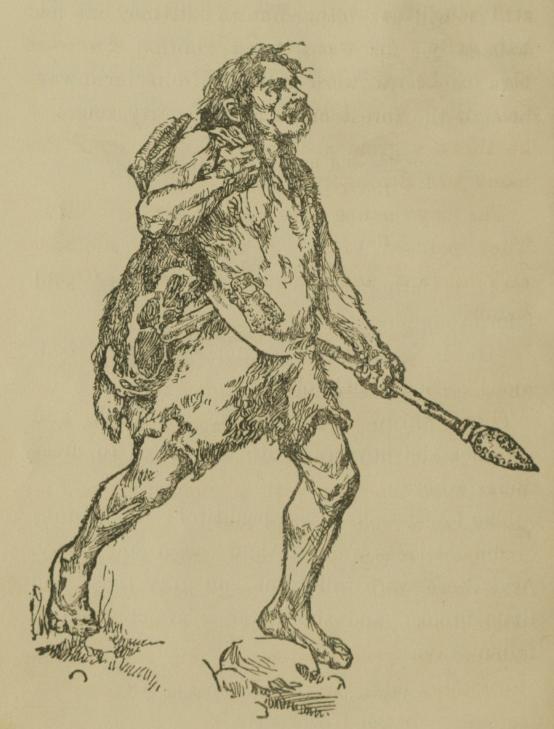What do the w ords spit, ashes, give, man, and worm all have in common? If you believe this recent study by researchers at the University of Reading in England, they could all be understood by cavemen over 15,000 years ago. These words can all be traced back to a 15,000 year old “proto-Eurasiatic language.” This language was never written down, and no records of this language exist. But linguists believe they have found 23 words that they believe can be traced to this caveman language.
ords spit, ashes, give, man, and worm all have in common? If you believe this recent study by researchers at the University of Reading in England, they could all be understood by cavemen over 15,000 years ago. These words can all be traced back to a 15,000 year old “proto-Eurasiatic language.” This language was never written down, and no records of this language exist. But linguists believe they have found 23 words that they believe can be traced to this caveman language.
This all seems pretty absurd, but the scientist’s methods are actually quite simple. They began by identifying 200 core words from a wide variety of languages, all of which stem from seven language families. Then, using a computer program, they identified cognates between these languages – words from different languages that have similar sounds and meanings. The article gives an example of a cognate: Father (English), padre (Italian), pere (French), pater (Latin) and pitar (Sanskrit).
After identifying the most popular cognates, the researchers then antiquated the words, transforming them into ancient versions of themselves, known as proto-words. Finally, the scientists compared these proto-words from all different language families. The findings were astounding – 23 of these proto-words were largely similar across all language families, leading to the belief that they stem from the aforementioned proto-Eurasiatic language. There’s now talk of using this knowledge to predict migratory patterns of ancient humans.
Some scientists remain unconvinced, however. Prior to this, most linguists believed that words cannot live more than 8,000-9,000 years. These new findings fly in the face of archeologists, anthropologists, and linguists alike.
It’s interesting to consider how language changes over time. I’ve heard a lot of talk about the rise of texting and twitter, and how they are swiftly destroying grammar and language. The apostrophe is beginning to die out. Words like LOL, OMG, and <3 are being added to the Oxford English Dictionary. There’s plenty of evidence of our language changing during our lifetime. Many people are up in arms about the death of English and good grammar.
But are these changes really a bad thing? Our language is much different from that of Shakespeare, but that doesn’t make us less sophisticated. We can still properly express ourselves. Beautiful prose and poetry is still written today, even though it’s not in Olde Englishe. Perhaps instead of bemoaning the death of our language, we should be excited to see what happens next. And who knows? Perhaps some of the words we use today will survive 15,000 years into the future, just like the words from the supposed proto-Eurasiatic language.
Discover more from UCWbLing
Subscribe to get the latest posts sent to your email.

